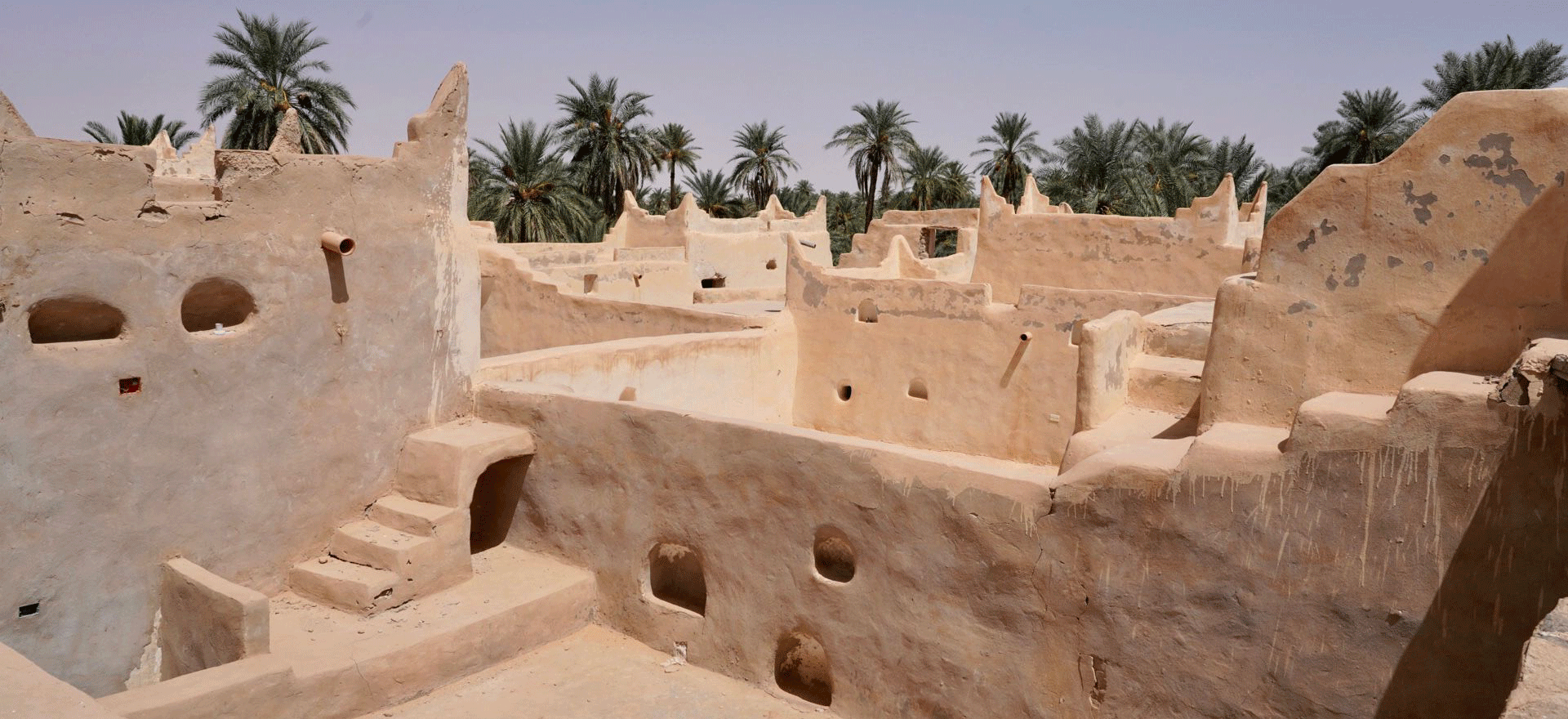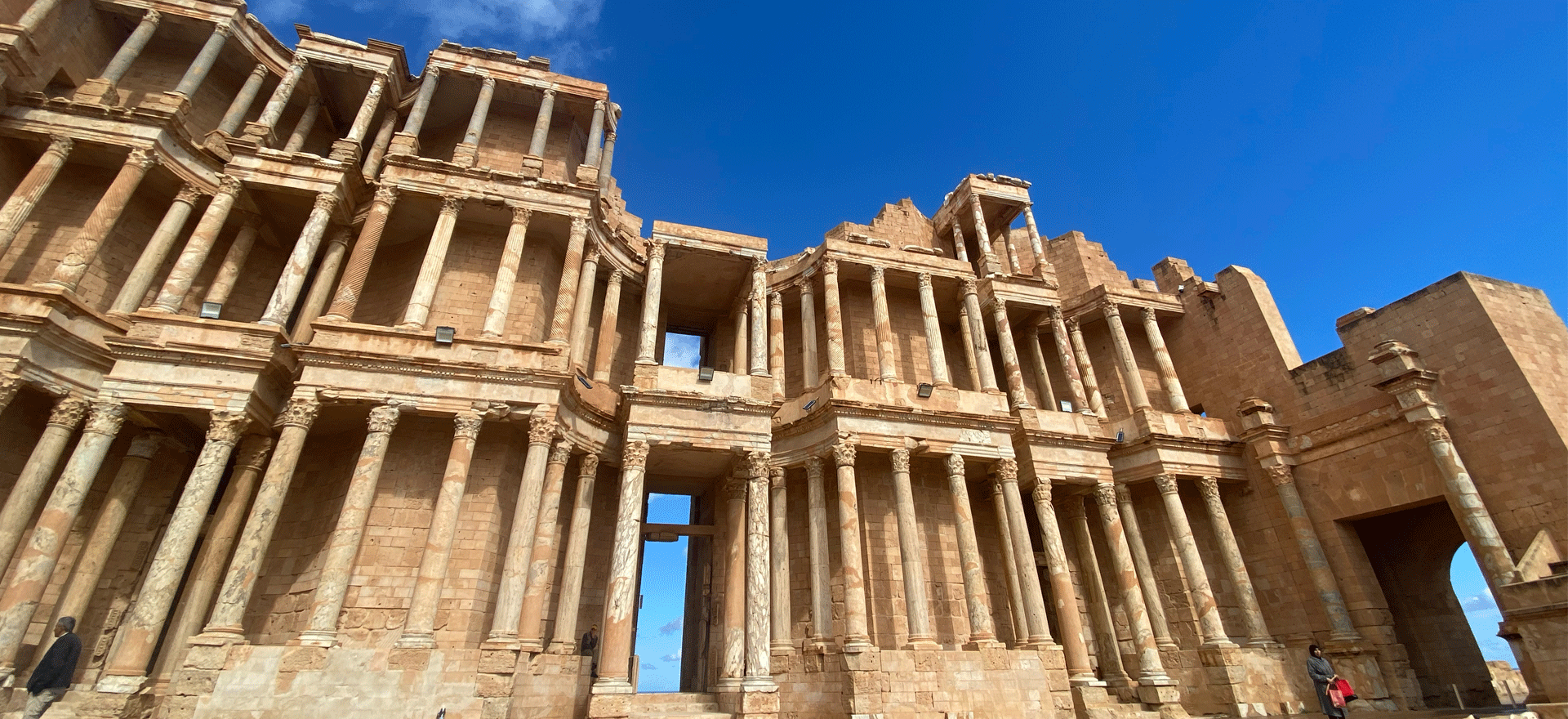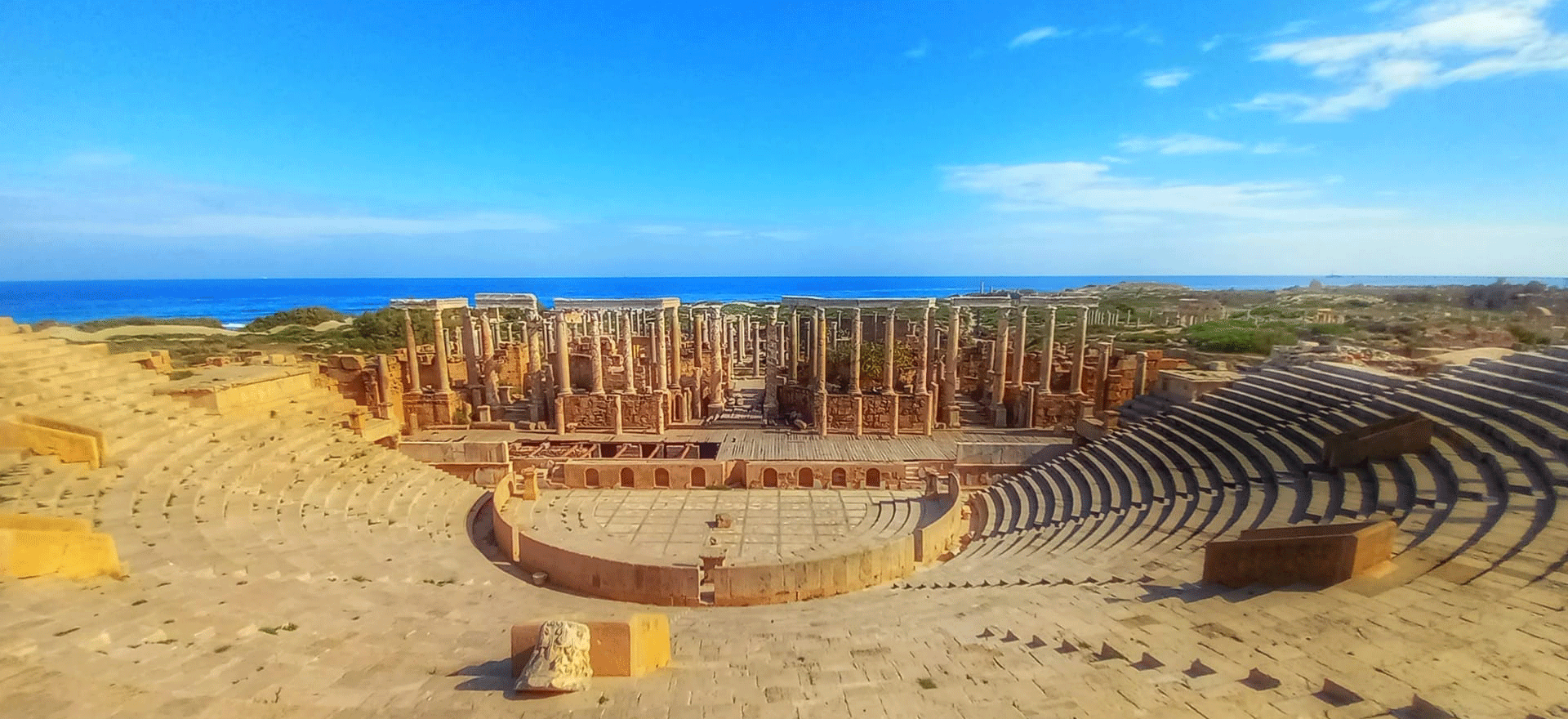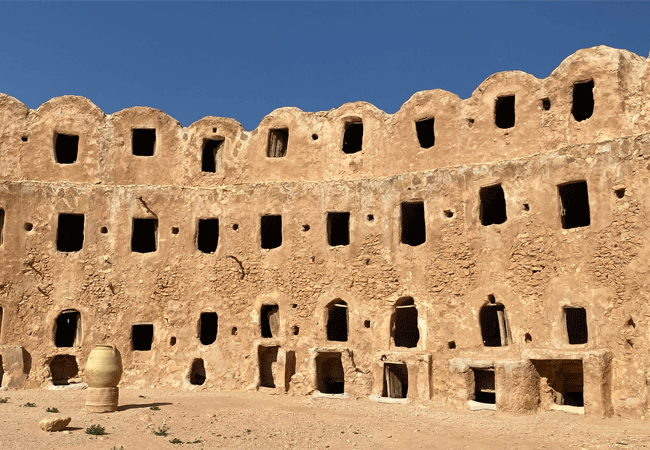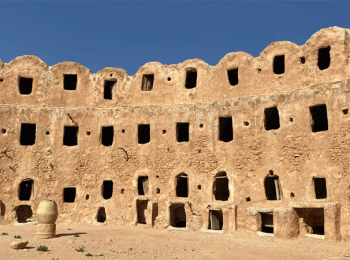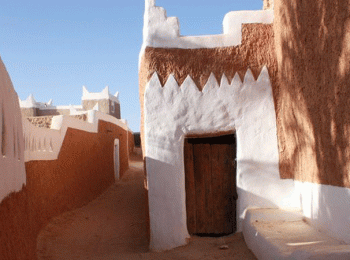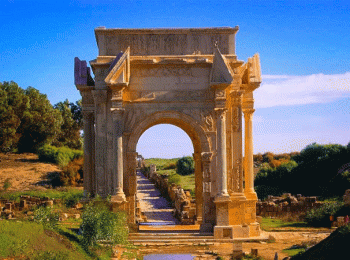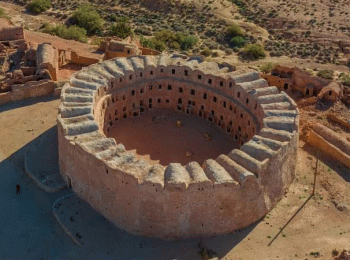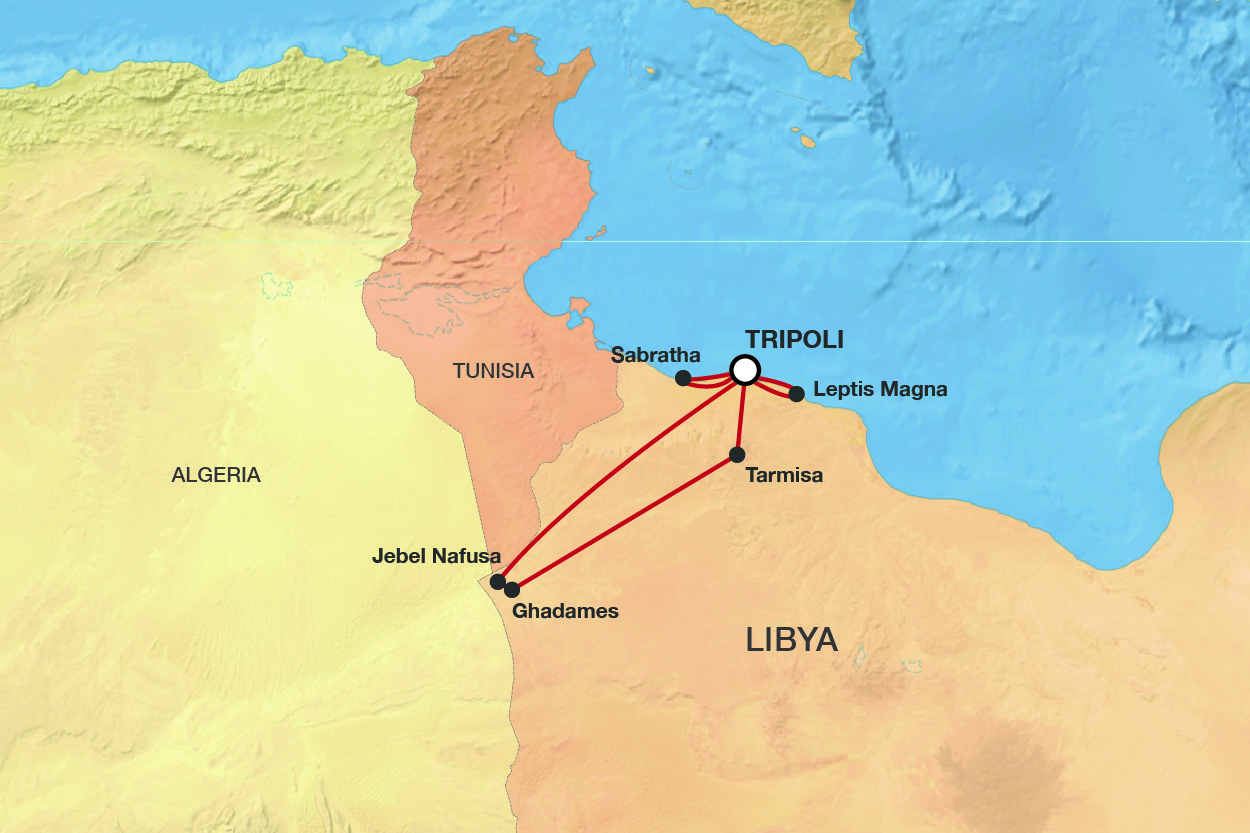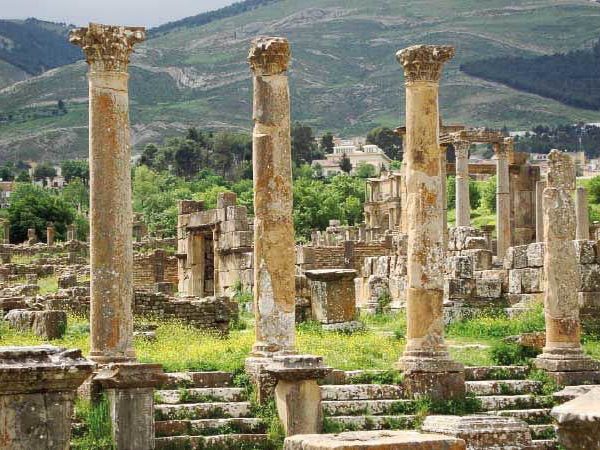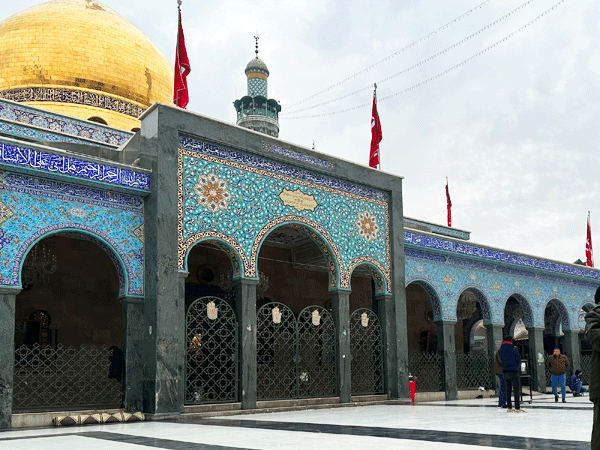Libya Uncovered
A one week tour through the highlights of western Libya, from the Mediterranean to the Sahara. While much of the country still remains difficult to visit, the west is now starting to open up to intrepid visitors, and you can be among the first to return after the troubles of recent years.
We start in the capital Tripoli, and spend a morning at Sabratha. Sabratha dates back to ancient Carthage, and was also ruled by Rome. We spend the afternoon in Tripoli itself, exploring the winding streets of the medina, with its bazaars, mosques and palaces.
We then drive south, towards the desert. At Qasr el Haj we discover one of North Africa’s most striking monuments – the vast fortified granary, dating back to the 12th century. In the Jebel Nafusa Mountains we explore the abandoned Berber town of Nalut, then continue to Ghadames, one of the Sahara’s oldest towns.
Ghadames is a treasure trove of traditional Saharan architecture, oozing with the atmosphere of the desert beyond. We wander its streets and discover its fascinating history before starting our journey back north, stopping at the abandoned village of Tarmisa and Gharyan, once an important crossroads on Saharan trade routes.
After our arrival back in Tripoli, we head to Leptis Magna. Libya is home to some of North Africa’s most impressive archaeological sites, with Leptis Magna perhaps the best. We explore the old Roman city, which is the best preserved in the Mediterranean, and a historian’s delight.
Uncover the delights of this surprising, largely forgotten country – we promise you won’t be disappointed.

